The Checker Maven
Mr. Scissors
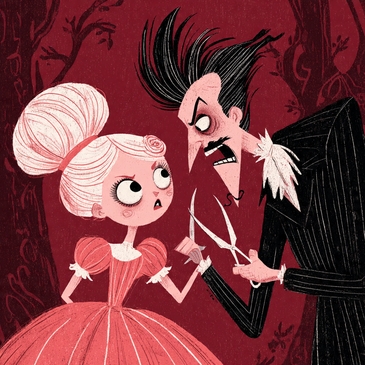
It looks like something straight out of a horror movie; the evil villain (let's call him Mr. Scissors) threatens our heroine with a horrible fate. But of course, we know that the hero will arrive to save the day ... or will he?
The villain in the old movie above certainly isn't regular contributor and master problemist Ed Atkinson, who sent us today's problem, which he of course calls Mr. Scissors.
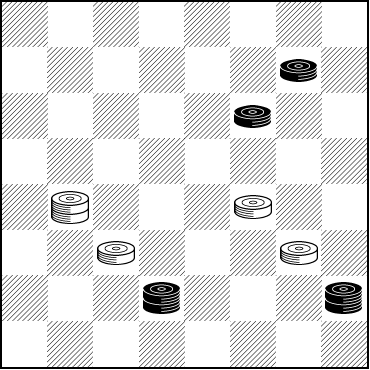
WHITE
White to Play and Win
W:WK17,19,22,24:B8,11,K26,K28.
Once you find the right first move, the problem isn't all that hard. Can you cut it? Snip away and save the day, then cut your mouse over to Read More to see the cutting-edge solution.![]()
Fast Lane

Public Domain
At our Checker Maven location we're already seeing preliminary effects of Hurricane Lane and we anticipate heavy rain and high winds tonight (August 23, 2018) and tomorrow and into the weekend. If the storm doesn't make its anticipated westward turn it could track right over us.
Our offices will be closed and we could be out of touch for anything from a short while to a longer while. Publication will continue for at least a few weeks as that's all automated, and our server is on the mainland.
We're hoping for the best but we're prepared to be indoors for a while with our checker books!![]()
Popularity
Popularity is fleeting. One day you're in ...
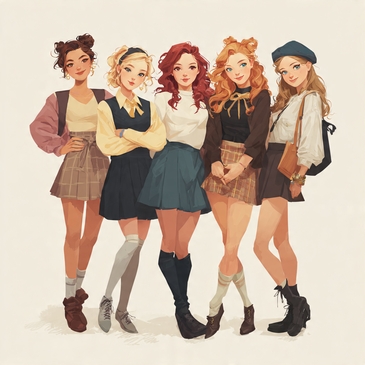
... the next day, you're out.
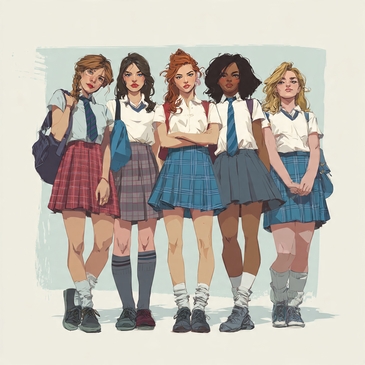
Our game of checkers, too, has gone through such cycles.
In 1908, a match was played for the championship of Essex County, Massachusetts. One can only imagine with wonder at the popularity of checkers 110 years ago, at a level such that even county championships were vigorously contested.
The match was played between C. O. Mayberry, who was champion of the city of Lynn (yes, there were municipal champions as well), and Frank L. McClellan, the Captain of the Lynn Checker Club (in additional to the local club, the Lynn newspaper published a checker column). In the position below, Mr. Mayberry played Black and Mr. McClellan, White. The setting was originally featured in Teetzel's Canadian Checker Player. Mr. Teetzel opines that Mr. Mayberry must have thought he was going to win, but it was not to be, as Mr. McClellan found a clever draw.
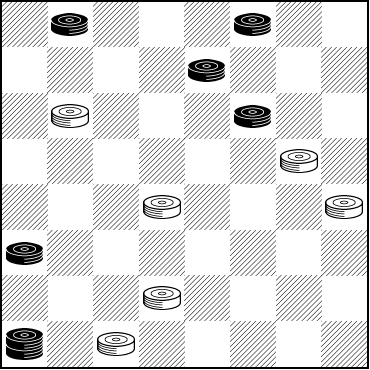
WHITE
White to Play and Draw
W:W9,16,18,20,26,30:B1,3,7,11,21,K29.
Checkers is, sadly, far less popular today, but that doesn't mean we shouldn't continue to enjoy the game. Will the problem above prove "popular" with you? We think so, and after you solve it, we're sure you'll enjoy clicking on Read More to check your solution.![]()
Another Snappy One

Wow, we'd hate to be on the receiving end of whatever is going on in the photo above; that lady is really snapping at someone. We can only hope it all gets worked out peacefully.
We're continuing our Checker School series with another "snappy" problem posed to our friend Nemo by his mentor, Skittle, both of whom appear in Checker Board Strategy by Andrew J. Banks, a self-described "checker philosopher." The problem itself is attributed to G. M. Gibson.
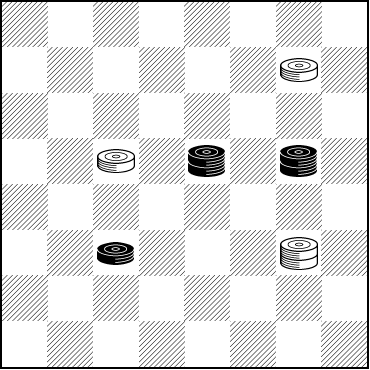
BLACK
Black to Play and Win
B:WK9,19,25:B11,K17,K18.
Black has two kings and a man to White's one king and two men, and has one other obvious advantage. Do you see it? Do you see how White might defend, and how Black might still overcome that defense?
Don't snap at us; we're just trying to provide you with interesting material! And when you find the solution, you'll surely snap to attention! Clicking on Read More will let you check your work and review our extensive notes.![]()
Not Secure

If you browse with Google Chrome, you may have noticed that for a little while now our site bears the legend "Not secure" next to the URL. Is The Checker Maven indeed "not secure"?
Actually, it's fine. We don't collect any information from you so there's nothing that needs to be encrypted or hidden away. But Google is pushing web site managers to move from the http protocol to the encrypted https protocol.
The problem for us, aside from the time it would take to make the switch, is that we'd incur almost $100 per year in additional costs, and neither we nor you would really get anything in return.
So we're keeping things as-is for a while longer. Don't worry, your personal information isn't at risk, because we never collect it in the first place.![]()
Sort Of
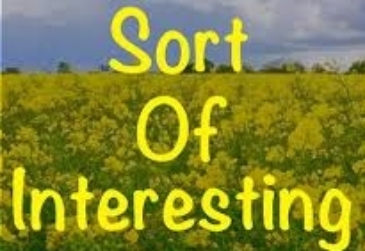
"Sort of" is a common two-word phrase in English. We're "sort of" tired or hungry. We "sort of" need to do homework, laundry, yard work, etc. And the best example of all: We're "sort of" interested in doing something or going somewhere.
We hope that all of us are more than "sort of" interested in checkers, though; and if we are, you'll find this "sort of" speed problem (pun intended), provided by regular contributors Lloyd and Josh Gordon, to be a good one.
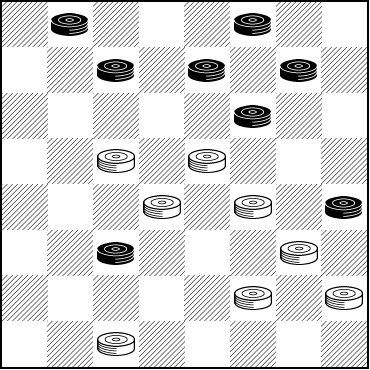
WHITE
White to Play and Draw
W:W14,15,18,19,24,27,28,30:B1,3,6,7,8,11,20,22.
Why is this a "sort of" speed problem? The initial sequence is easy to find, but the follow-up play is a bit more complex, though certainly below the expert range. So don't "sort of" solve it; do it all the way, after which clicking on Read More will more than "sort of" show you the solution and explanatory notes.![]()
